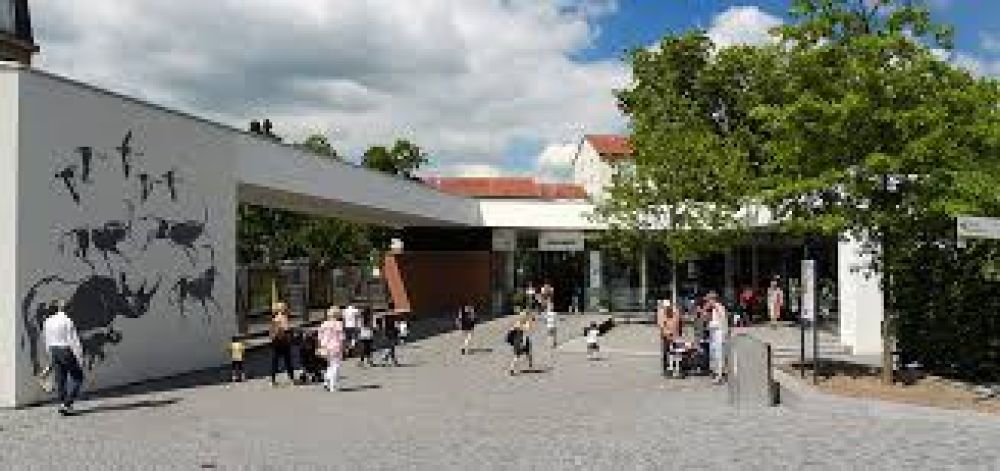

The Frankfurt Zoo, located in the heart of Frankfurt, Germany, is not only a favorite destination for animal lovers but also a place with a rich history that dates back to the 19th century. The origins of the zoo can be traced back to 1858, making it the second oldest zoo in Germany, after the Berlin Zoological Garden.
The zoo was founded by the Zoological Society of Frankfurt, initially as a showcase of local European fauna. Its creation was prompted by the cultural and educational movement sweeping through Europe at the time, which stressed the importance of nature conservation and public education on the natural world. Over time, the zoo expanded to include exotic animals from other continents, offering visitors a glimpse into the diversity of global wildlife.
The two World Wars had profound effects on the zoo. During World War I, many of the zoo's animals perished due to shortages of food and resources. However, it was World War II that brought immense destruction to the zoo's infrastructure, leaving it in a state of ruins. Post-war reconstruction efforts were led by Dr. Bernhard Grzimek, who was the director of the zoo from 1945 through 1974. Under his leadership, the Frankfurt Zoo was not only rebuilt but also became a pioneer in modern zoo design and animal conservation.
Throughout the late 20th century and into the 21st century, the Frankfurt Zoo has dedicated itself to improving animal habitats, focusing on ecological and species-appropriate enclosures. It emphasizes the importance of educational programs to raise awareness about species conservation and environmental issues. Today's zoo covers 32 acres and houses over 4,500 animals from more than 510 different species.
Recent trends in tourism have seen a shift towards sustainable and responsible travel. Visitors to the Frankfurt Zoo are now more interested in educational experiences that stress the connection between conservation efforts and tourism. The zoo caters to this interest with interactive exhibits, guided tours, and hands-on educational opportunities.
Looking ahead, the Frankfurt Zoo is committed to its role in international breeding programs and conservation projects. The zoo is constantly evolving to meet the changing demands of tourism, with plans to create even more immersive and engaging habitats for its inhabitants, ensuring a high-welfare environment for animals and an enriching experience for visitors.
The legacy and continual progress of the Frankfurt Zoo make it an essential destination for anyone visiting Frankfurt, Germany. It stands as a testament to the resilience of the human spirit and the ever-growing commitment to animal welfare and conservation.